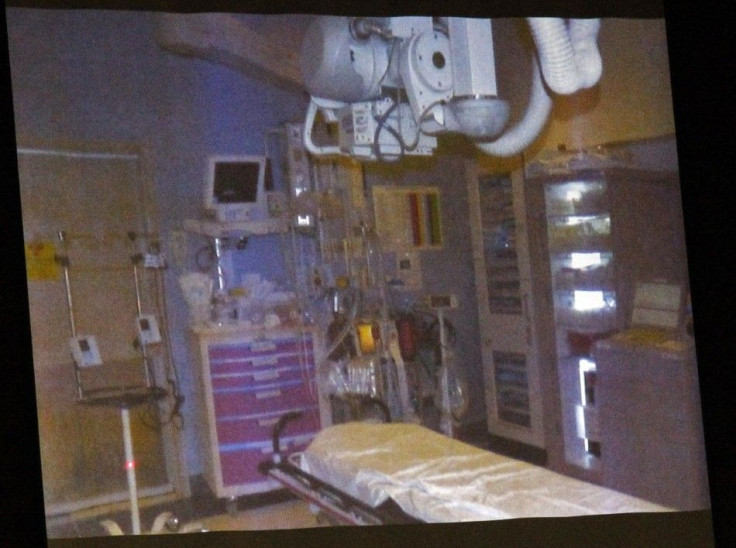Lack of Trauma Centers Means Less Nearby Help and More Travel for Minorities, Uninsured: Study

Getting to a trauma center in time can be a matter of life or death, but closures of trauma centers throughout the country means less nearby help and more travel for minorities and the uninsured, a new study shows.
Researchers at the University of California, San Francisco (UCSF) noted that trauma centers have been closed in high numbers in recent years.
Trauma centers aren't just for 'certain' people, lead author and UCSF emergency medicine professor Renee Hsia said in a statement. If you sustain a serious injury from a car accident or fall off your roof, you need a trauma center.
Researchers analyzed 31, 475 U.S. zip codes and found some disturbing information about access to trauma centers.
We found evidence that vulnerable communities have less geographic access to trauma care, adding to their health disparities,'' Hsia said in a statement.
Most affected are African Americans, poor, rural residents, and the uninsured.
Researchers said that while approximately three-quarters of the U.S. lives within ten miles of a trauma center, 14 percent of the remaining population lives more than 30 miles from the nearest one.
For patients in need of trauma care, the difference in arrival time is crucial.
Researchers suggested that policy makers subsidize trauma centers that serve the populations that need them, and that rural hospitals create agreements with trauma centers to ease patient transfers.
We're not saying that we should build a trauma center on every street corner, Hsia told The Associated Press. That would not be cost-effective. But we do have evidence that access for certain populations is already pretty bad, and it's getting worse.
The study will be published in the journal Health Affairs.
© Copyright IBTimes 2024. All rights reserved.





















